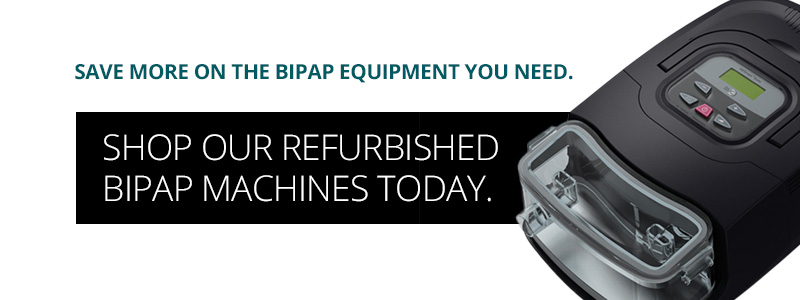May 4th 2017
Your Guide to Sleep Supplements

If you’re suffering from sleep apnea, then we don’t need to tell you how much of a difference it can make in how you feel when you get a full, eight-hours of sleep. Sleep apnea treatment, like CPAP or BIPAP therapy, can make a big difference in your ability to get to sleep at night and, most importantly, stay asleep. However, some sufferers are looking for a little extra help when they have trouble sleeping, and many turn to sleeping pills and supplements for answers.
Is it safe to take sleeping pills or supplements if you have sleep apnea?
Before you begin taking anything, whether it be an-over-the-counter sleeping aid or a natural sleeping supplement you found at your local health food store, it’s always smart to discuss it with your physician, especially if you have sleep apnea. In most cases, doctors will recommend that you abstain from using sleeping pills when you have sleep apnea, but your doctor may be okay with a sleep supplement. But again, don’t take one without consulting your doctor, as it could react negatively or interfere with other medication or treatments you are using.
The production of sleep supplements, like the production of all other natural supplements, is not monitored by the Food and Drug Administration (FDA). This means that there’s no standard as to how potent the supplements have to be, how safe they are or any claims made about effectiveness. That being said, many people do find sleep supplements to be effective.
Which sleep supplement is right for you?
There are many sleep supplements available to you, and a little research can help you determine which option is best for your needs. Here are a few of the most popular sleep supplements available on the market today:
Shop our used BIPAP and CPAP machines and other equipment online today!

